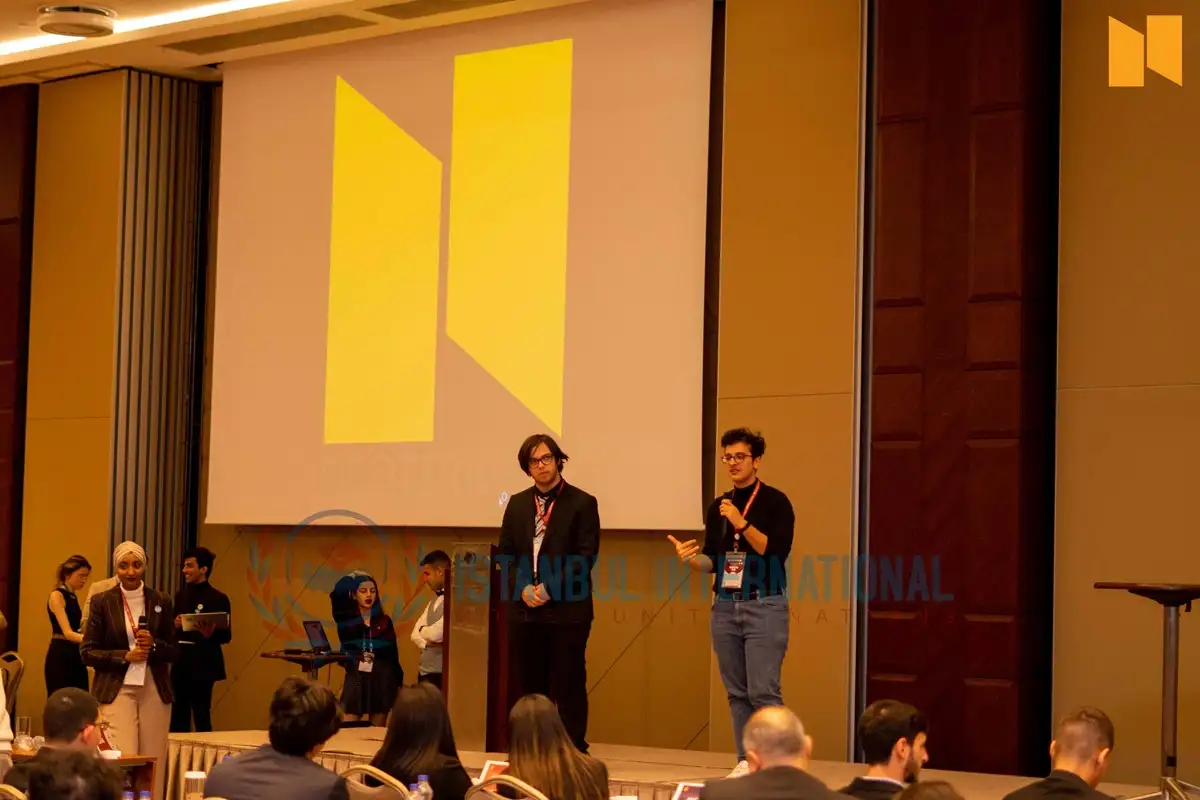
Introduction
Leadership is a multidimensional notion that embraces a
wide variety of tactics, styles, and ideologies within
its spectrum of application. Out of the many different
types of leadership, there are two main paradigms that
stand out: inclusive leadership and exclusive
leadership. Throughout the course of this blog, we will
investigate the primary distinctions that exist between
these two models, as well as their consequences for the
dynamics of organizations and the significance of
implementing inclusive leadership techniques in the
modern, interconnected world.
Defining the Concept of Exclusive Leadership
One of the defining characteristics of exclusive
leadership is that it is defined by a hierarchical,
top-down approach to decision-making. In this approach,
authority and power are focused at the highest level of
the organizational structure. It is possible for leaders
to prioritize their own interests or the interests of a
select few in exclusive leadership models, which
frequently comes at the price of the interests of
broader stakeholder groups. Employees may experience
sentiments of alienation, disengagement, and resentment
as a result of this approach, which eventually
undermines the cohesiveness and efficiency of the
business.
2. The Dangers of Having an Exclusive Leadership Role
Exclusive leadership models may provide short-term
benefits in terms of efficiency or control; but, they
frequently fail to capitalize on the full potential of
the different viewpoints, abilities, and experiences
that exist inside the business. Exclusive leaders run
the danger of stifling innovation, creativity, and
collaboration inside their organizations by excluding
particular individuals or groups from the
decision-making process. This hinders the organization's
ability to adapt and grow in an environment that is
becoming increasingly complicated and dynamic.
3. Comprehending the Concept of Inclusive Leadership
Leadership that is inclusive, as opposed to leadership
that is exclusive, is founded on the ideals of equity,
diversity, and empowerment within the organization.
Leaders that are inclusive work hard to establish
situations in which every person is made to feel
appreciated and respected, and where they are given the
authority to contribute their own distinctive skills and
points of view. They make it a point to actively seek
advice and feedback from a wide variety of stakeholders,
build a culture of belonging and inclusivity, and push
projects that promote equality and fairness within the
business.
4. The Reasons Why Inclusive Leadership Is Beneficial
Research has repeatedly demonstrated that businesses
that use inclusive leadership strategies have a tendency
to outperform their competitors in terms of creativity,
employee engagement, and organizational resilience.
Unlocking the full potential of their teams, driving
creativity and innovation, and cultivating a sense of
belonging and loyalty among employees are all things
that inclusive leaders can accomplish by cultivating an
inclusive culture in which everyone feels valued and
appreciated.
5. Implementing Inclusive Leadership Concepts in
Everyday Life
It is necessary for organizations to make diversity,
equity, and inclusion a priority at every level of the
company in order to successfully implement inclusive
leadership practices. It is possible that this will
involve the implementation of policies and practices
that encourage diversity in recruiting and hiring, the
provision of training and development opportunities to
support inclusive leadership behaviors, and the
promotion of open conversation and communication
channels that make it possible for all voices to be
heard and valued.
Final Thoughts
In summing up, the distinction between exclusive and
inclusive leadership is of utmost importance for
organizations that are striving to survive in the
quickly changing world of today. Organizations have the
opportunity to unleash the full potential of their
teams, cultivate innovation and creativity, and
establish cultures of belonging and inclusivity that are
the driving force behind long-term success and
sustainability if they adopt inclusive leadership
approaches.


